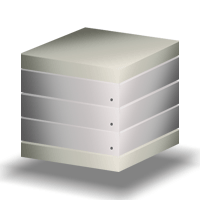Mar 24 2009
Applying 60 volts grants you 0.01 mm of motion with a 5x5x10 mm multilayer piezoelectric actuator from Noliac. A multilayer piezoceramic actuator is thus perfect for many applications, e.g. in atomic force microscopy.

The atomic force microscope is a very high-resolution type of scanning probe microscope, with demonstrated resolution of fractions of a nanometer, more than 1,000 times better than the optical diffraction limit. The AFM is one of the foremost tools for imaging, measuring and manipulating matter at the nanoscale. The information is gathered by "feeling" the surface with a mechanical probe.
The motion of the probe over the surface is generated by piezoelectric ceramics that move the probe and force sensor across the surface in the X and Y directions.
Optimized through multilayer piezoceramic components
An atomic force microscope is optimized for measuring surface features that are extremely small, thus it is important to be familiar with the dimensions of the features being measured. An atomic force microscope is capable of imaging features as small as a carbon atom and as large as the cross section of a human hair. A carbon atom is approximately .25 nanometers (nm) in diameter and the diameter of a human hair is approximately 80 microns (?m) in diameter.
The AFM has the advantage of imaging almost any type of surface, including polymers, ceramics, composites, glass, and biological samples.
Typical multilayer piezoceramic component for AFM is the SCMAP02 as it grants you motion up to 63.8 µm with only 60V.